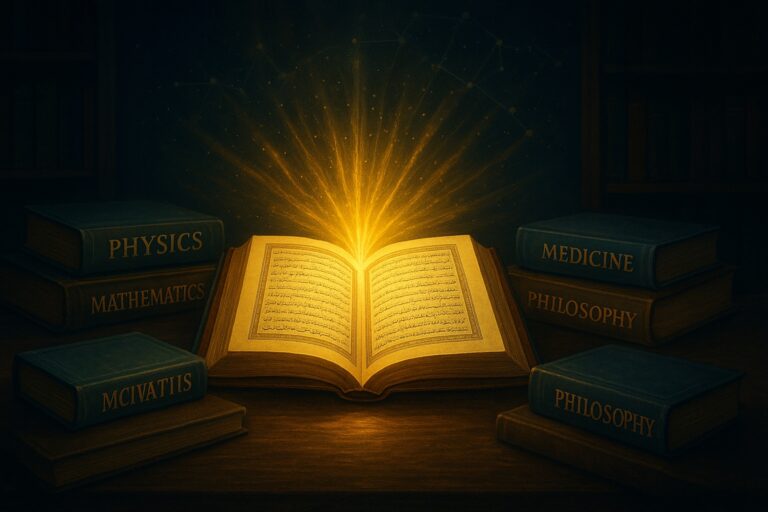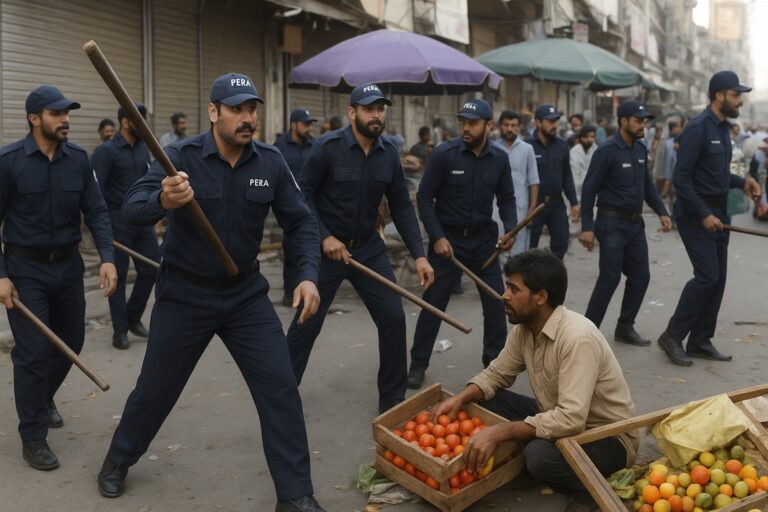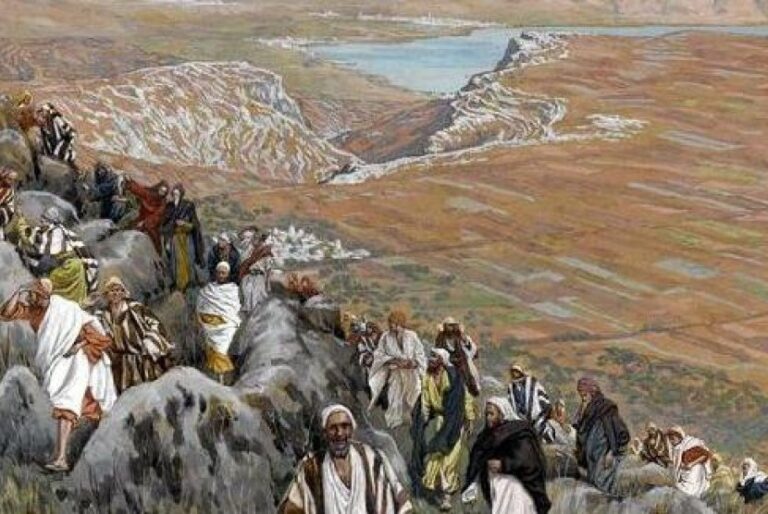Finale: Towards a Realigned Future for Sustainable Development
Reflection on the Journey
When this research series began, our aim was clear: to critically evaluate the Sustainable Development Goals (SDGs) as both a global framework and a locally relevant agenda for Pakistan. Over the course of seventeen analyses, each dedicated to one SDG, we have explored not only the theoretical soundness of the goals but also their practical viability in Pakistan’s social, political, and economic landscape.
Several patterns emerged from this journey:
- The SDGs are conceptually holistic, but unevenly executed.
- Pakistan’s performance is constrained less by intent and more by systemic governance failures.
- The greatest weaknesses lie in policy continuity, financing, and data credibility.
- Yet, the SDGs remain valuable as a compass — even if the path is fraught with obstacles.
Key Findings: Global and National Lessons
From a global perspective, the SDGs reaffirm the urgency of integrated solutions: poverty cannot be reduced without education, climate cannot be addressed without equity, and peace cannot be built without justice. The COVID-19 pandemic, climate shocks, and geopolitical conflicts have all slowed progress, yet they also underline why such a framework remains indispensable.
From a Pakistani perspective, our analysis revealed:
- Potential Exists — Pakistan’s demographic dividend, agricultural resources, and geostrategic location could make the SDGs highly attainable.
- Barriers Persist — corruption, mismanagement, fragmented governance, and over-reliance on foreign aid weaken the agenda.
- Localization is Key — importing the SDGs as abstract UN targets without rooting them in Pakistan’s indigenous values, Islamic principles, and socio-economic realities leads to limited impact.
The Islamic and Ethical Dimension
Throughout this series, we highlighted that the SDGs are not in conflict with Islamic teachings. On the contrary, they often echo long-established principles:
- Justice (Adl): Fair distribution of wealth and opportunities.
- Compassion (Rahmah): Care for the poor, vulnerable, and marginalized.
- Stewardship (Khilafah): Responsible guardianship of the environment.
- Balance (Mizan): Harmonizing material progress with spiritual and moral well-being.
Thus, the SDGs can be reframed in Pakistan not as an imported UN checklist, but as a continuation of ethical obligations already embedded in our faith and heritage.
The Road Ahead: Strategic Realignment for Pakistan
As we conclude, three imperatives stand out:
- Policy Coherence and Continuity
Development agendas cannot survive political cycles. Pakistan must build institutional mechanisms that protect SDG-aligned strategies from political volatility. - Localization and Ownership
Pakistan should reframe the SDGs in terms of its indigenous values, language, and governance structures. This means grassroots awareness, provincial alignment, and integration into cultural narratives. - Accountability and Innovation
Transparent monitoring, independent data systems, and digital innovation must underpin SDG implementation. Without credibility, progress will remain rhetorical.
Conclusion: From Agenda to Action
The 2030 Agenda for Sustainable Development remains the most comprehensive roadmap of our time, but its success will not be determined in New York or Geneva — it will be determined in national capitals, provincial assemblies, village councils, and community organizations.
For Pakistan, the choice is clear: either remain trapped in cycles of mismanagement and dependency or harness the SDGs as a framework for genuine reform rooted in justice, balance, and public participation.
This finale does not close the conversation; it invites the next phase — one of action, alignment, and accountability. Only by bridging the gap between global frameworks and local realities, between ambition and implementation, can Pakistan hope to achieve sustainable development that is not only measurable by indicators but also felt by its people.
Links for complete series
| Ser | Title | Description | Link |
| Introduction | https://mrpo.pk/introduction-to-sdgs-pakistan-context/ | ||
| 1 | · No Poverty | End poverty in all its forms everywhere. | https://mrpo.pk/sdg-1-no-poverty-pakistan-evaluation/ |
| 2 | · Zero Hunger | End hunger, achieve food security and improved nutrition, and promote sustainable agriculture. | https://mrpo.pk/zero-hunger-sdg-2/ |
| 3
|
· Good Health and Well-Being | Ensure healthy lives and promote well-being for all at all ages. | https://mrpo.pk/sdg-3-good-health-and-well-being/ |
| 4 | · Quality Education | Ensure inclusive and equitable quality education and promote lifelong learning opportunities for all. | https://mrpo.pk/sdg-4-quality-education-pakistan-crisis-analysis/ |
| 5 | · Gender Equality | Achieve gender equality and empower all women and girls. | https://mrpo.pk/sdg-5-gender-equality-pakistan-analysis/ |
| 6 | · Clean Water and Sanitation | Ensure availability and sustainable management of water and sanitation for all. | https://mrpo.pk/sdg-6-clean-water-sanitation-pakistan-analysis/ |
| 7 | · Affordable and Clean Energy | Ensure access to affordable, reliable, sustainable, and modern energy for all. | https://mrpo.pk/sdg-7-affordable-clean-energy/ |
| 8 | · Decent Work and Economic Growth | Promote sustained, inclusive, and sustainable economic growth, full and productive employment, and decent work for all. | https://mrpo.pk/sdg-8-decent-work-economic-growth/ |
| 9 | · Industry, Innovation, and Infrastructure | Build resilient infrastructure, promote inclusive and sustainable industrialization, and foster innovation. | https://mrpo.pk/sdg-9-industry-innovation-infrastructure/ |
| 10 | · Reduced Inequalities | Reduce inequality within and among countries. | https://mrpo.pk/sdg-10-reduced-inequalities/ |
| 11 | · Sustainable Cities and Communities | Make cities and human settlements inclusive, safe, resilient, and sustainable. | https://mrpo.pk/sdg-11-sustainable-cities-and-communities/ |
| 12 | · Responsible Consumption and Production | Ensure sustainable consumption and production patterns. | https://mrpo.pk/sdg-12-responsible-consumption-and-production/ |
| 13 | · Climate Action | Take urgent action to combat climate change and its impacts. | https://mrpo.pk/sdg-13-climate-action-pakistan/ |
| 14 | · Life Below Water | Conserve and sustainably use the oceans, seas, and marine resources for sustainable development. | https://mrpo.pk/sdg-14-life-below-water/ |
| 15 | · Life on Land | Protect, restore, and promote sustainable use of terrestrial ecosystems, sustainably manage forests, combat desertification, halt and reverse land degradation, and halt biodiversity loss. | https://mrpo.pk/life-on-land-safeguarding-our-ecosystems/ |
| 16 | · Peace, Justice, and Strong Institutions | Promote peaceful and inclusive societies, provide access to justice for all, and build effective, accountable, and inclusive institutions at all levels. | https://mrpo.pk/sdg-16-peace-justice-strong-institutions/ |
| 17 | · Partnerships for the Goals | Strengthen the means of implementation and revitalize the Global Partnership for Sustainable Development. | https://mrpo.pk/sdg-17-partnerships-for-the-goals/ |
| Finale | https://mrpo.pk/sdg-series-finale-pakistan/ |



